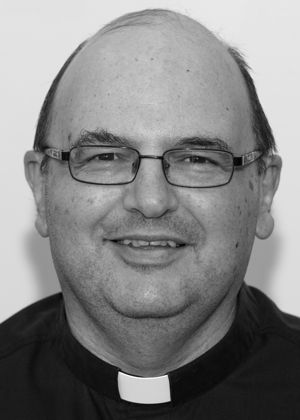14th Sunday of the Year - B
Ezekiel 2: 2-5; Psalm 122; 2 Cor. 2: 2-5; Mark. 6: 1-6
Read: Jesus told them: “A prophet is not without honour except in his own native place and amongst his own kinsmen in his own family”. And there he was unable to make any miracles except to place his hand on some sick people and to heal them; and he was amazed by their lack of faith.
Reflect: The attitude of the people of Nazareth towards Jesus is repeated nowadays. Jesus comes again to us, we think we know him, and he makes his propositions to us. He invites us to reconsider those convictions which we learnt in our younger days, to allow our faith grow. Our reaction, in many instances, is similar to that of the people of Nazareth.; initially we give the impression that we do not understand him, and then we even go as far as to deny him.
This lack of belief on our part has dramatic consequences. Jesus is unable to make miracles as was the case with his words and meetings with people everywhere. He offers his own salvation, but does not impose this, because he loves, and love respects the liberty of others.
If in today’s world miracles do not seem to happen, if the situation of our lives does not engender peace, justice, and reconciliation between mankind, the reason is the same one; mankind does not have the courage fully to place trust in Christ and in his word.
Pray: Help me Lord not to be proud of myself, with the strength of my arms, with my mental abilities. Give me the wish to bring myself to my senses; keep me in my place in your presence; that far can I go when I try on my own.
Act: May I recognise the Lord’s teaching, not in a manner that I myself expect that he should teach me, but through each day’s happenings, through the ordinary circumstances of life, through the persons whom I meet.


